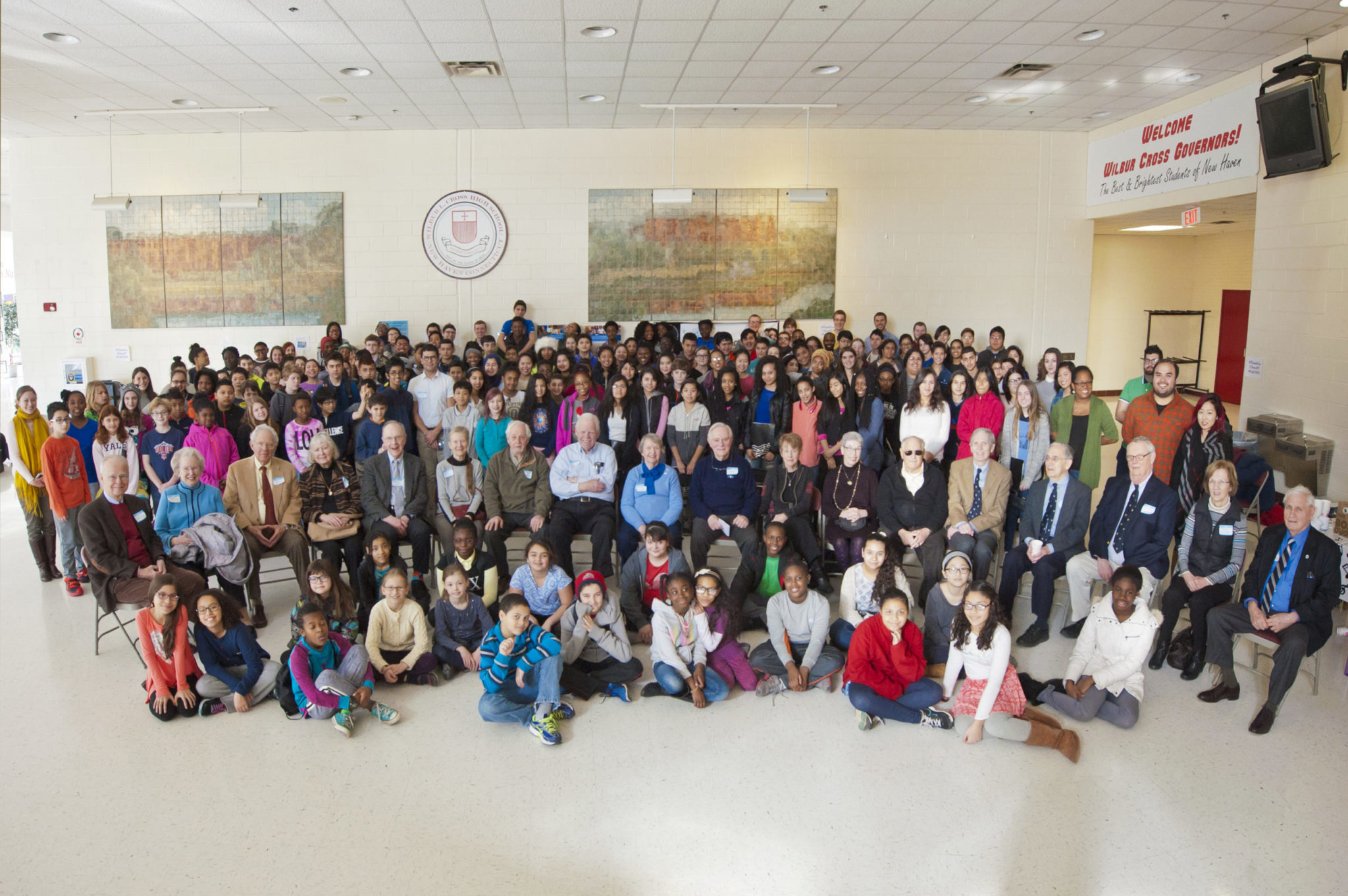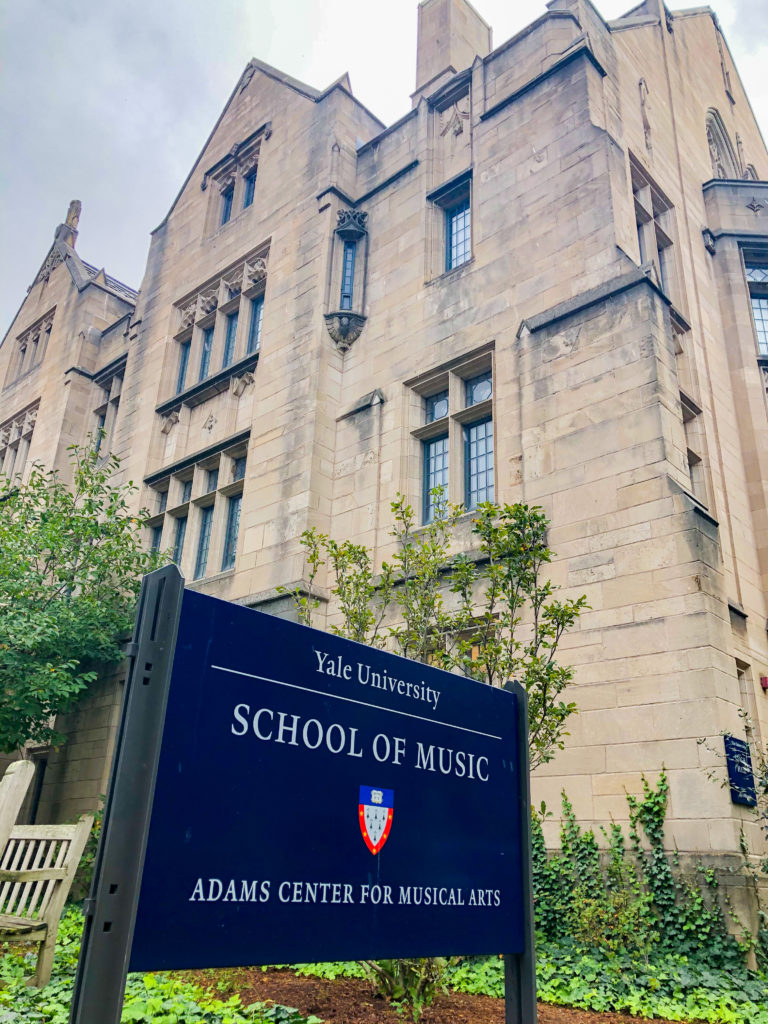
Courtesy of Ruben Rodriguez
Soaring string quartet melodies, manuscripts scribbled with music notes and classrooms full of chattering students are common in New Haven public schools that participate in the Music in Schools Initiative, or MISI. This semester, MISI hopes to replicate this atmosphere on computer screens.
MISI is a program that facilitates collaborations between artists from Yale College and the Yale School of Music and 28 public schools in New Haven. This year, the initiative is delivering musical education on virtual platforms, allowing them to introduce new programming: a college mentorship program, instruction in musical composition and virtual interviews with guest artists.

Mahima Kumara ’20 is a recipient of the yearlong Yale Glee Club Service Through Music Fellowship and a postgraduate teaching fellow with MISI.
“My favorite part of working with MISI is connecting with the students,” Kumara said. “It is amazing to see how much they love connecting with each other, the teaching artists and their larger community, even when it is online.”
According to MISI director Rubén Rodríguez, the initiative typically conducts three programs: an in-school mentorship program during the school day, an after-school program called the “All City Ensemble” and the Morse Summer Music Academy, an intensive musical training summer camp. During the school day, MISI teaching artists collaborate with music teachers to provide instruction for singers, string players and other instrumentalists. After school, the artists run eight musical ensembles of varying instrumentations.
Rodríguez noted that the MISI program is inherently dynamic. Each year, members adapt their pedagogical approach in order to best collaborate with the New Haven community, a methodology which is particularly important this year.
This spring, school closures caused indefinite suspensions of in-person activities. MISI responded by launching a three-month-long pilot program of remote instruction in the spring and a modified summer program, MorseOnline. Rodríguez said the program “exceeded [all] expectations of how things would go.”
For the fall semester, MISI has converted their after-school instruction to “All-City @ Home ensembles.” This model provides students with 30 minutes of private lessons on a weekly basis.
“I am conflicted about the effects of pandemic in some ways; it is certainly heartbreaking,” Rodríguez said. “On the other hand, this new virtual model has been a game changer for us.”
He noted that transitioning to virtual mediums created teaching challenges but also afforded students more flexibility. While the suspension of concerts and rehearsals has limited the program’s ability to engage with the community, MISI now has greater flexibility with schedules and practice spaces.
In fact, this flexibility, according to Rodríguez, has allowed MISI to pioneer its new initiatives, including a mentorship program pairing student musicians with MISI teaching artists.
Rodríguez outlined how this mentorship program allows teaching artists to work closely with students from the fourth through twelfth grades. He added that the program not only gives students access to application-related opportunities, but also encourages them to “keep music alive in their lives.”
Kumara also described how lessons in composition open up new avenues for expression through music.
Moreover, this summer, MISI’s virtual model allowed School of Music Associate Dean Michael Yaffe to host conversations with various arts leaders — including professional jazz guitarist Bernie Williams, hip-hop producer Aaron Roger and New Haven Symphony Orchestra Music Director Alasdair Neale — during the Morse online summer program. Students virtually attended these conversations and received advice from professionals in the field.
“The goal of this activity was to engage our students in the value of music in their lives, but more importantly, in the life of our culture, locally, regionally and internationally,” Yaffe added.
Kumara mentioned that because of this new pandemic-induced reliance on technology, an important aspect of a teaching artist’s role this year involved technological support. She stressed the importance of making the program accessible to students at home and accommodating individual circumstances.
Despite the challenges posed by MISI’s virtual format, Kumara recalled the program’s various successes this year. She said the students recently performed in a virtual concert, engaging with music made by peers on a YouTube livestream. This performance was broadcast in patient rooms at Yale New Haven Hospital.
MISI has been working with public schools in New Haven since 2007.
Pradz Sapre | pradz.sapre@yale.edu







